An estate plan is a legal document that outlines a person’s wishes for the distribution of their assets and property after their death. It is essential to create an estate plan to ensure that your family and loved ones are taken care of in the event of your passing. Here are the basic components of an estate plan:
- Will: A will is a legal document that outlines how you want your assets and property to be distributed after your death. It also names an executor who is responsible for carrying out your wishes.
- Trusts: A trust is a legal arrangement that allows you to transfer your assets to a trustee who manages them for the benefit of your beneficiaries. There are different types of trusts, such as revocable and irrevocable trusts, and they can help you avoid probate and minimize estate taxes.
- Power of Attorney: A power of attorney is a legal document that gives someone else the authority to act on your behalf if you become incapacitated or unable to make decisions for yourself. This person, known as an agent, can manage your finances, pay bills, and make medical decisions for you.
- Healthcare Directive: A healthcare directive, also known as a living will or advanced directive, outlines your wishes for medical treatment if you become incapacitated or terminally ill. It also designates a healthcare agent who can make medical decisions for you if you are unable to do so.
- Beneficiary Designations: Beneficiary designations are instructions that determine who will receive your assets, such as life insurance policies, retirement accounts, and bank accounts, after your death. It is important to review and update these designations regularly to ensure they reflect your current wishes.
- Letter of Instruction: A letter of instruction is a non-legal document that outlines your wishes and preferences for your funeral, burial, and other end-of-life arrangements. While not legally binding, it can provide guidance and comfort to your loved ones during a difficult time.
In conclusion, an estate plan is a vital tool for ensuring that your wishes are carried out after your death. By including the basic components of a will, trusts, power of attorney, a healthcare directive, beneficiary designations, and a letter of instruction, you can protect your assets and provide for your loved ones in the future. It is important to work with an experienced estate planning attorney to create a comprehensive estate plan that meets your individual needs and goals. Contact us today to get started!










